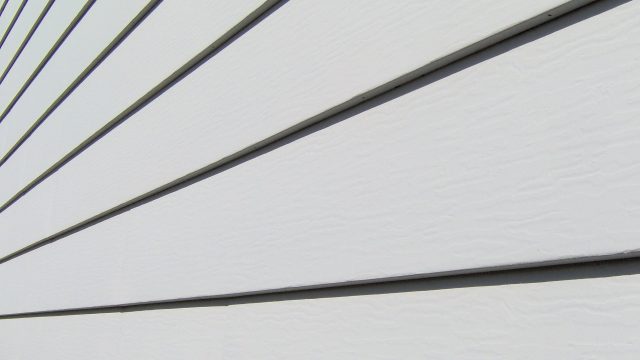Casey Neumiller: Are We Free If We Can't Even Pick Our Own Home Siding?

When I enrolled in college at Dickinson State University, I underwent an intellectual awakening of sorts – one that took several years.
By the education system’s definition, I was very smart: high GPA (salutatorian of my class), high ACT score, and passed every standardized test like laxative. I went to college on a full-ride scholarship based purely on academics (which was important, given I had the sports prowess of a three-legged deer).
College professors loved saying pithy things like “Question everything” and “Don’t trust authority” and “Eat more fiber.” Some of them seemed to lack the self-awareness to realize that they were telling me, in essence, “Don’t trust me.” (Have you ever been on a high-fiber diet?)
I read heavily into philosophy of government, and what struck me as making sense the most was federalism – in the sense that states are “laboratories of democracy.” In essence, federalization is a good thing, because different states can implement different policies and laws, and the effects are measurable. As a rider with that, state governments are more accountable to their citizens than the federal government; county commissioners are more accountable to their home areas than the state government, and so forth.
However, that doesn’t mean we don’t end up with some screwed up local laws.
In the April 24th Leader-News, an article by Cheryl McCormack ran on a Wilton commissioners meeting that left me scratching my head.
To summarize, a local homeowner had done some work to the property, which had previously been considered an eyesore. Post-work, the house was sage-green with horizontal siding; the detached garage was dark brown with vertical siding.
However, a local covenant state “An erected building has to be similar to the existing structure” – e.g. the buildings had to match.
Having solved all of Wilton’s other problems, the city commissioners decided they just couldn’t let this slide because, as Dave Herner said, “It’s hard to enforce the covenants in place, if we let this slip by. I feel we’d be opening a can of worms for the next commissioners if we let this slide. It just would’t be fair to everyone else who has followed the rules.”
After discussing several options, the commissioners voted to “require the property owner to replace the siding to match the house.”
Ultimately, this is one case involving potentially a handful of property owners in one tiny town in North Dakota. Does it make a big difference in the grand scheme of things? Doubtful.
But it’s a reminder that involvement in government at every level, from city to national, is important. I mean, why did we fight a Revolutionary War if a man can’t choose his own siding?




